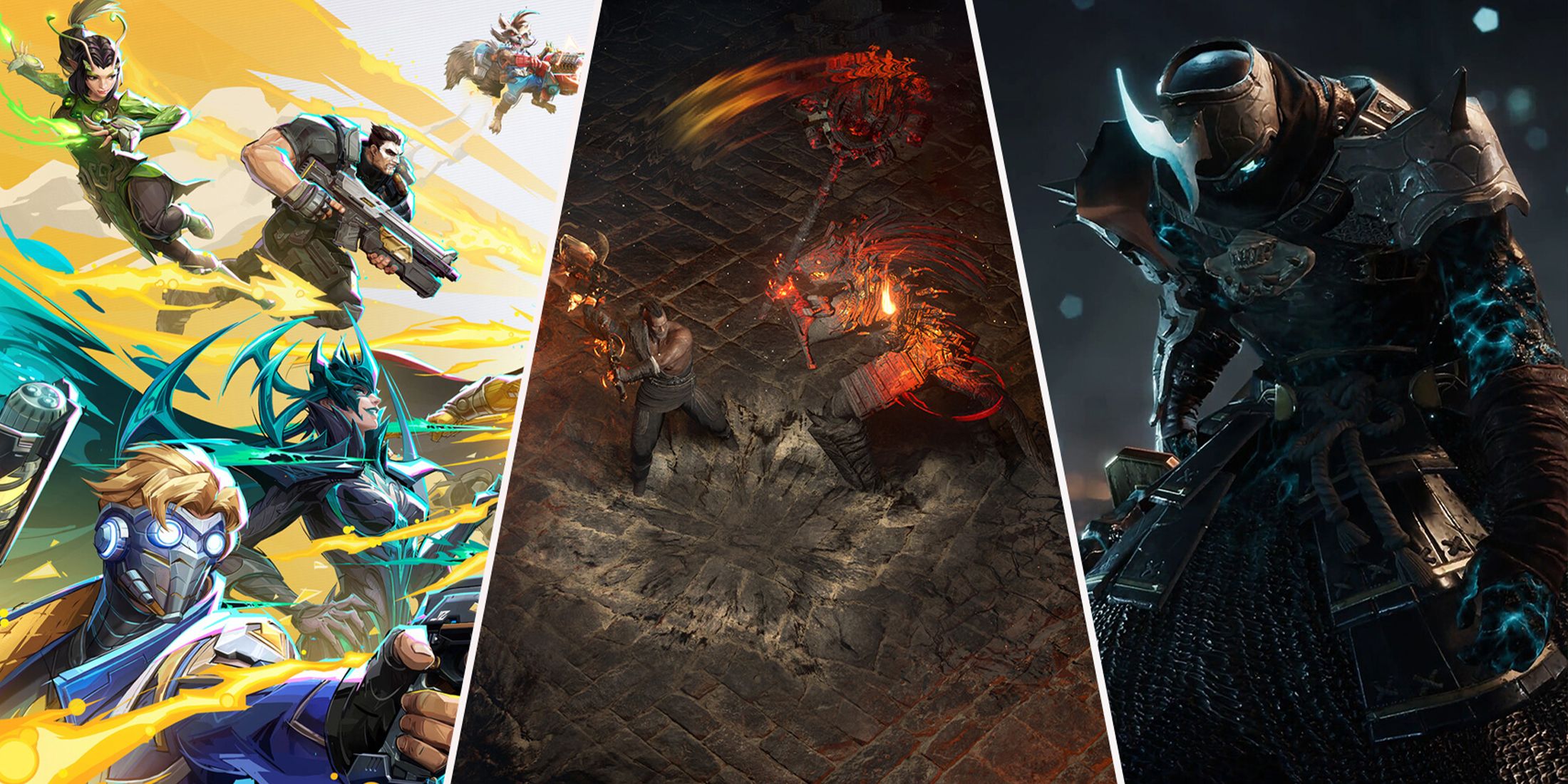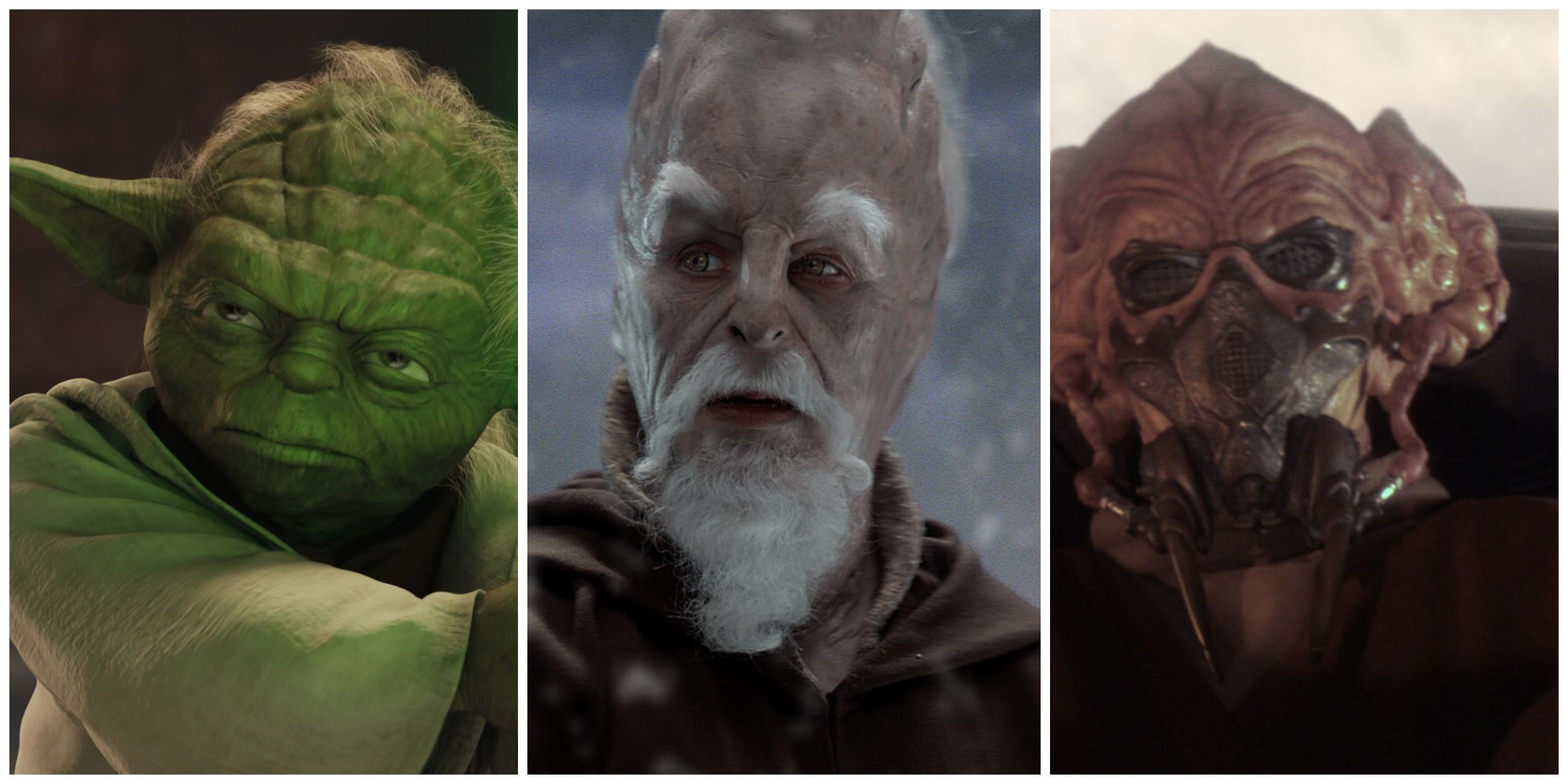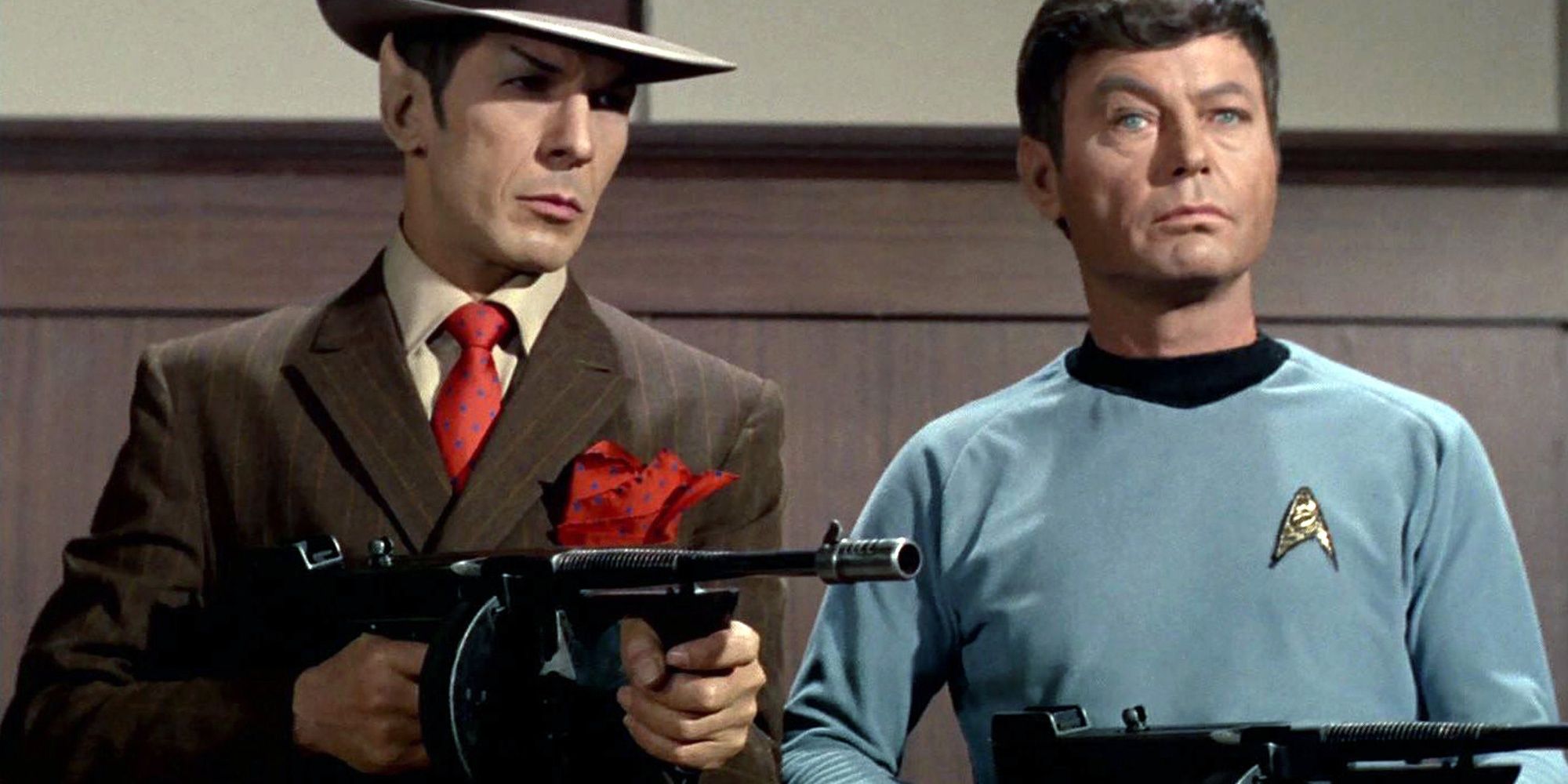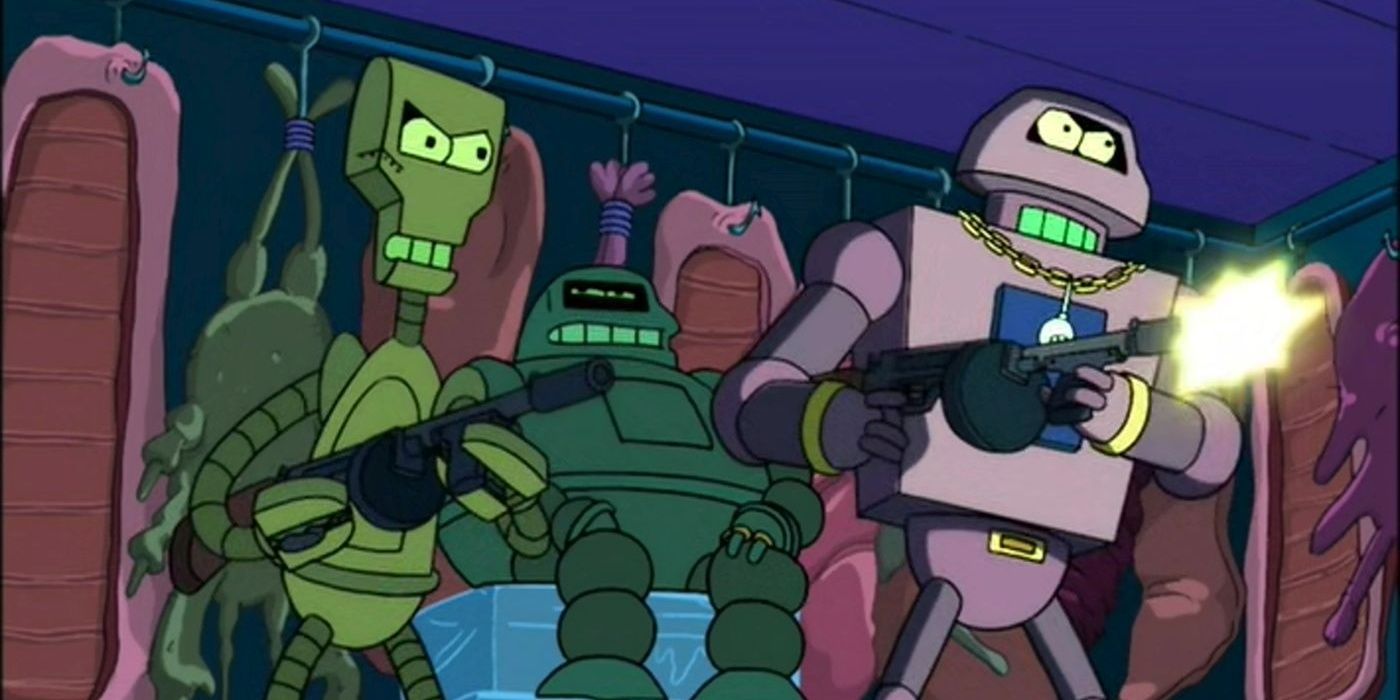The art of dramatizing what the future might be like is complex and intriguing, but certain tropes seem to reoccur from one creator to the next. It's fair to assume that elements of the modern and previous age will survive and evolve as mankind reaches the sci-fi future, and it's interesting to see it change.
Crime thrillers transcend genre to become a central pillar of modern fiction. From the pulp noir of a century ago to the more complex biopic of the modern day, crime is an element of almost all narratives. It seems that most big modern sci-fi takes some time out of its world-building to discuss its crime apparatus.
Organized crime is fairly common in the real world, though most people primarily picture 20s Al Capone or modern street gangs. Most cultures have one version or another of underground crime society. So much of science fiction revolves around old-world concepts that have been transferred from Earth to space, and organized crime is no different. Like space western or space pirates, most space mob fiction simply adds space travel and laser guns to existing mafia movie tropes. Even more than other elevations of old concepts to sci-fi success, the space mafia is almost always a background detail. There aren't many works that are fully engaged with the inner workings of a sci-fi criminal organization. They primarily exist to be disposable villains, but there's often a fair amount of interesting plot development for the characters.
When people picture a sci-fi crime organization, the Hutt Clan is likely their go-to. Jabba the Hutt is a secondary villain throughout the original trilogy and an occasional threat in miscellaneous other Star Wars narratives. It took over forty years to make a Star Wars story that was arguably centrally focused on its iconic organized crime syndicate. The Book of Boba Fett was the long-awaited attempt to turn short-lived bounty hunter Boba Fett into anything more than five lines and a cool suit of armor, but it placed him firmly in the Hutt world. After Jabba's death, Fett takes down his successor and takes over the family. The series does borrow a fair amount of conventions of mafia fiction, the early scene that depicted a dinner meeting between multiple warring families is perhaps the most substantial. However, even that look into Star Wars' seedy underbelly turns to space western tropes as the primary cinematic language. It remains to be seen whether the franchise will ever really hone in on that element of its story.
The overwhelming majority of sci-fi works that integrate organized crime do it as a direct reference to earlier fiction. Season 2, Episode 17 of Star Trek:The Original Series was entitled "A Piece of the Action" and it introduced a planet called Sigma Iotia II. This planet was a shameless and largely unexplained pastiche of 20s Chicago. The Iotians used phasers that looked like Thompson guns, drove around in old Ford cars, dressed in pinstripe business suits, and spoke like Buggsy Malone. The story may as well have been about time travel because it exclusively existed to put Spock and McCoy up against Al Capone.
The same concept is pulled off with a more comedic angle in Matt Groening's Futurama. The Robot Mafia appears in six episodes and two films throughout the franchise and its members are recognizable secondary characters. The Donbot, Joey Mousepad, and Clamps are fun supporting cast members who are well-used in a ton of comedic situations. As a crime syndicate, they have their hands on a lot of different things. They're seen running numbers rackets, stealing cigars, and ordering high-value hits. Though they're comedic and somewhat generic, they do raise a number of interesting questions. Who built the Donbot? What was his purpose? Was he built with the intent of terrorizing the galaxy?
One of the most interesting elements of organized crime in a science fiction story comes from the iconic cyberpunk workThe Matrix. The Merovingian is a "trafficker of information" who operates like a cross between Al Capone and the Marquis de Sade. The Merovingian is an old program with a mysterious background who acts as a smuggler for exiled beings throughout the Matrix. The programs that get exiled are either somehow non-functional, outdated or replaced by a newer model. The Merovingian is a criminal in the eyes of the system, but most of the programs he watches over are somehow bad or dangerous. One could suggest that The Frenchman is doing a good deed for those who've been abandoned by the system, even if he's doing so for his own good. There are a lot of interesting questions surrounding this character, unfortunately, he appeared in the sequels, so they aren't very well explored.
Organized crime is almost always depicted as a largely generic antagonistic force in science fiction. There are a ton of interesting concepts that could be explored by a writer who's willing to dive into the seedy underbelly of space crime.




.jpg)

